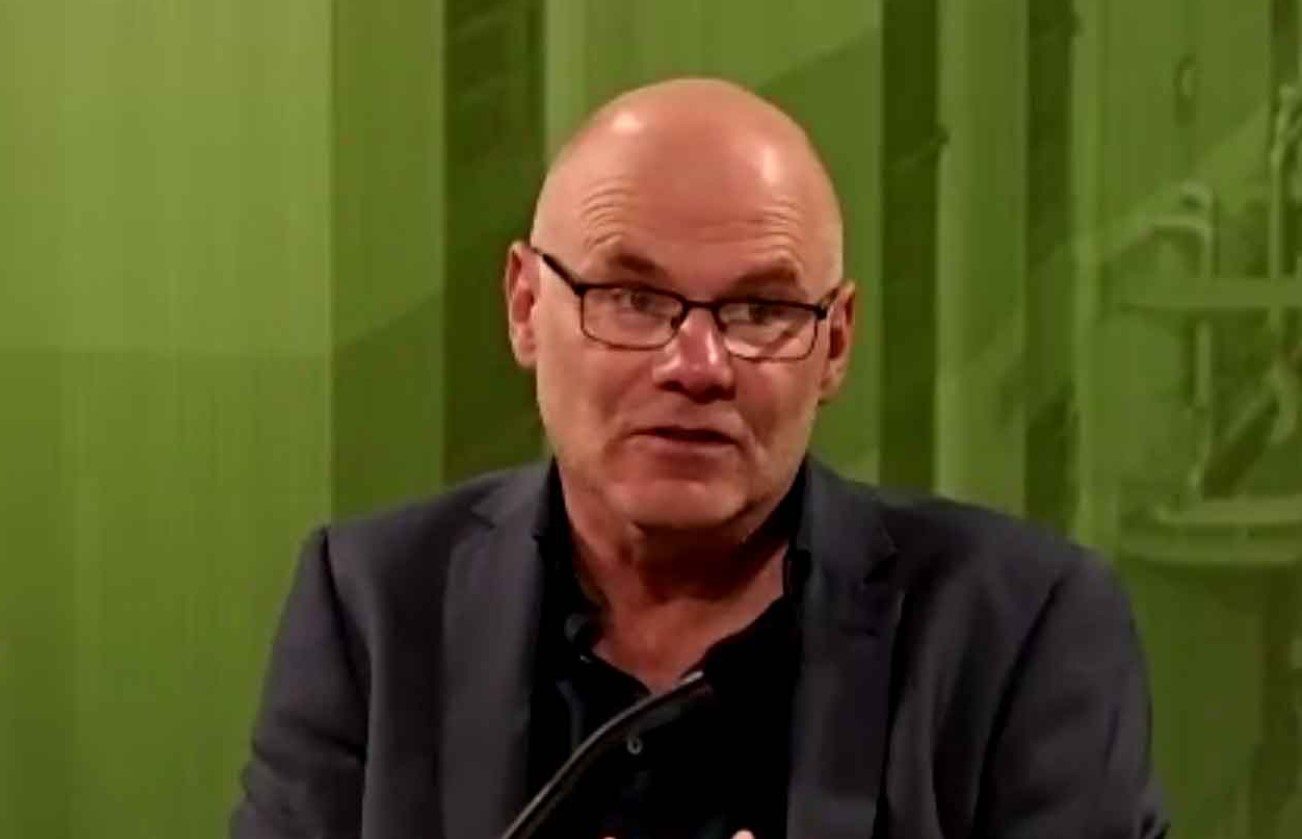Mechanical Recycling
Ihe Northern Netherlands there is a lot of expertise in mechanical recycling. And an eagerness to cooperate to close the plastic loop.
Mechanical recycling
It implies the process of recovering plastic from waste in order to use it again in manufacturing new plastic products. Mechanical recycling can only be performed on so called single-polymer plastic. Examples include PE, PP, PS, PET etc. The more complex and contaminated the waste, the more difficult it is to recycle it mechanically.
Essential processes in mechanical recycling are collection, separation, washing, grinding, agglomeration and regranulating. Plastic waste is often supplied directly to the plastics recycling sector. Plastic waste is collected by various institutions such as the government (municipal level) and waste disposal companies. The collected plastic waste is sorted and separated by type of plastic. If necessary, the sorted and separated material is cleaned, dried and deposited as secondary raw material. In turn, this secondary raw material can be crushed. The grinding material obtained serves as a raw material for the production of new plastic products. If necessary, the secondary raw material is agglomerated. During agglomeration, the plastic is compacted in the form of pellets, grains by heating and shrinking. The agglomerated material is compressed and cut off. The material obtained is processed into regranulate by means of an extruder. In the extruder it is heated and filtered if necessary. Ultimately the material is processed into plastic granules serving as input for the production of new products.
Companies involved
Chemical Cluster Emmen hosts several companies that are specialised in mechanical recycling, including Morssinkhof Plastics, Cumapol and Coolrec.
Heerenveen is the location for the National Test Centre Circular Plastics. It is an independent test and research centre for the sorting and washing of plastics from household waste.
